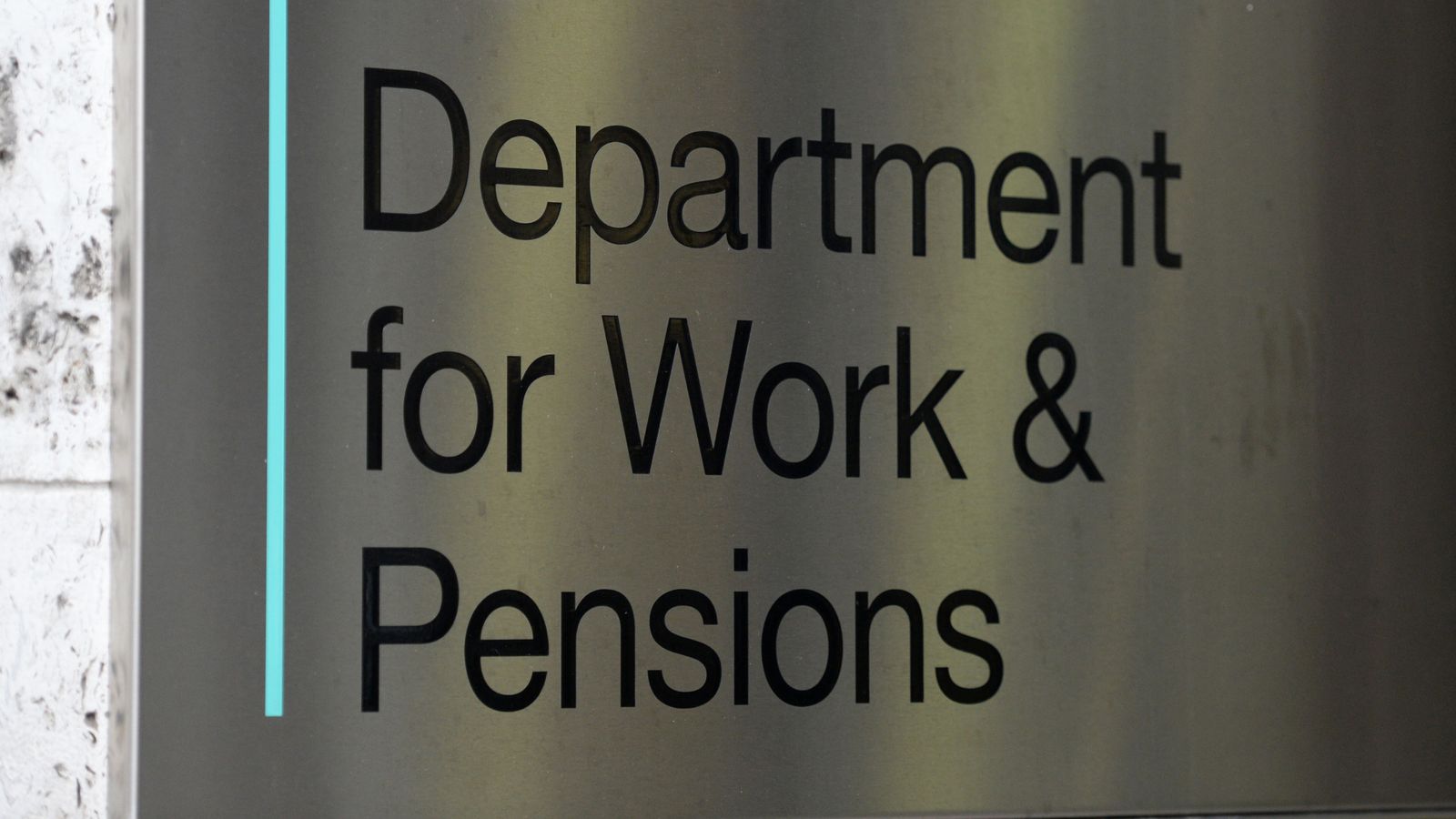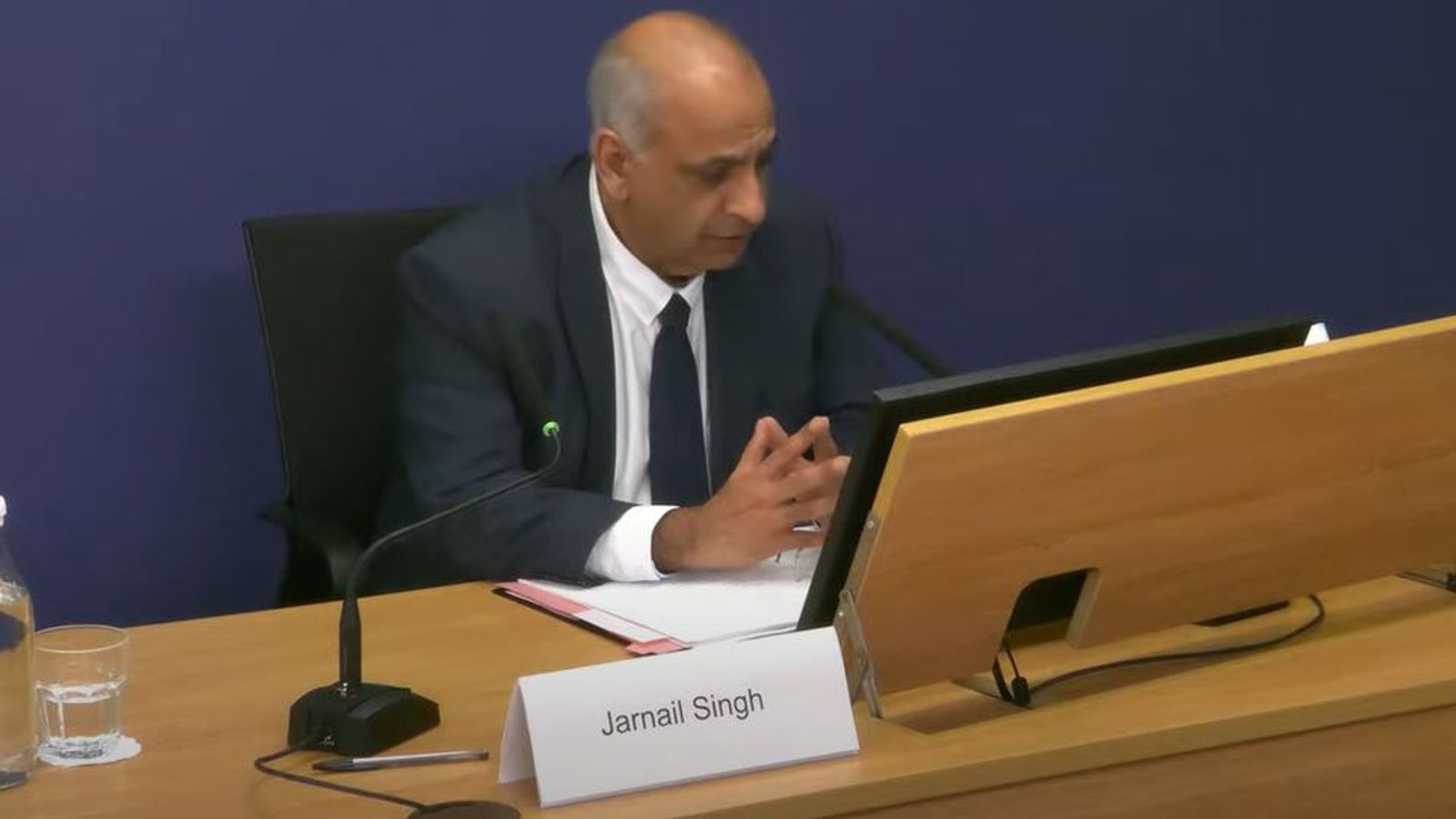
Issues or errors surrounding the system of health assessments for benefits has contributed to the deaths of some claimants, MPs have heard.
The Work and Pensions committee said they are “deeply concerned” people are still experiencing psychological distress because of the process – despite an inquiry five years ago highlighting “significant problems”.
In a new report published on Friday, the committee said: “In some cases, issues or errors in the system are associated with or have been found at Coroner’s Inquest to have contributed to the deaths of claimants.”
Politics live: ‘Significant blow’ if nurses reject pay offer – result of ballot expected today
It recommended the government review the impact of its assessment process and implement safeguarding and suicide prevention training for staff.
Commenting, the SNP’s Social Justice spokesperson, David Linden MP, said: “Five years ago, the Tories were warned by this very committee that the DWP’s health assessment system required urgent change. They didn’t act, and now some claimants have paid the ultimate price.
“This is a scandalous revelation which lies squarely with the Tories.”
In 2020, the National Audit Office found that at least 69 suicides could have been linked to problems with benefit claims over the last six years.
But it said the true number could be “far higher” as the DWP had failed to actively seek information from coroners or families, or investigate all of the cases that have been reported to it.
The committee report did not have an updated figure on deaths but heard from experts who noted a “very strong association between those places where more people had been through the (health assessment) process, and a rise in mental health problems and suicides”.
Professor Ben Barr, from the University of Liverpool, was asked about research he carried out in 2015 which looked at the impacts of the increase in Work Capability Assessment (WCA) as claimants were reassessed to move onto Employment Seekers Allowance.
He said across England the process had led to an additional 600 suicides, 300,000 additional cases of mental health problems and a large rise in the prescribing of antidepressants over a nine-year period.
“We looked at whether it could be explained by other factors or other economic trends, but there was quite a unique pattern in the increase in mental health problems, and the most likely explanation was that it was due to the reassessment process”, he told the committee.
He said it is difficult to assess improvements since this study as “there are no systems in place” to monitor the impact of the health assessments and potential adverse outcomes.
But MPs on the committee pointed to a survey from the University of Kent last year which found half of claimants who have been through the WCA process said it made their mental health worse.
Dr Ben Baumberg Geiger, who led the research, said at the time: “It is not sufficient to say that this is a historical problem and that everything is fine now. If there were more transparency, it would be easier to know a bit more about it, but the evidence suggests that there are still major problems with the WCA that could lead to an increased risk of poor mental health.”
The committee urged the government to improve its data on deaths and serious harm related to health assessments as part of a series of measures to improve the system.
WCA’s are in place to help those with disability or ill-health access benefits, but accounts of poor accessibility, factual inaccuracy, delays, and communication problems “speaks to a system that is still not adequately supporting often vulnerable people,” the report found.
MPs surveyed more than 8,000 people as part of the inquiry and discovered “a profound lack of trust in the system as a consistent theme”, according to the committee chair and Labour MP Sir Stephen Timms.
It comes ahead of a shake-up of the entire system, with the government planning to scrap WCA’s to get more disabled people into work by focusing on what they can do – and not what they can’t.
This means there will only be one assessment in the future, the Personal Independence Payment (PIP) assessment, however the WCA will remain in place until at least 2026.
Read More:
Call for more help to get millions of long-term sick back into employment
Sir Stephen said many “will welcome the changes” but added: “Waiting years for changes won’t cut it when quicker wins are available: flexibility of choice on assessment by phone or face-to-face; recording assessments by default; extending deadlines to reduce stress; and sending claimants their reports.
“All this will give much-needed transparency to a process that so few trust yet affects their lives so fundamentally.”
A DWP spokesperson said: “This government is committed to ensuring people can access financial support in a timely and supportive manner and therefore reducing processing times and further improving the claimant experience are key priorities for the DWP.
“The proposals set out in our recent Health and Disability White Paper will make it easier for people to access the right support and improve trust and transparency in our decisions and processes.”







